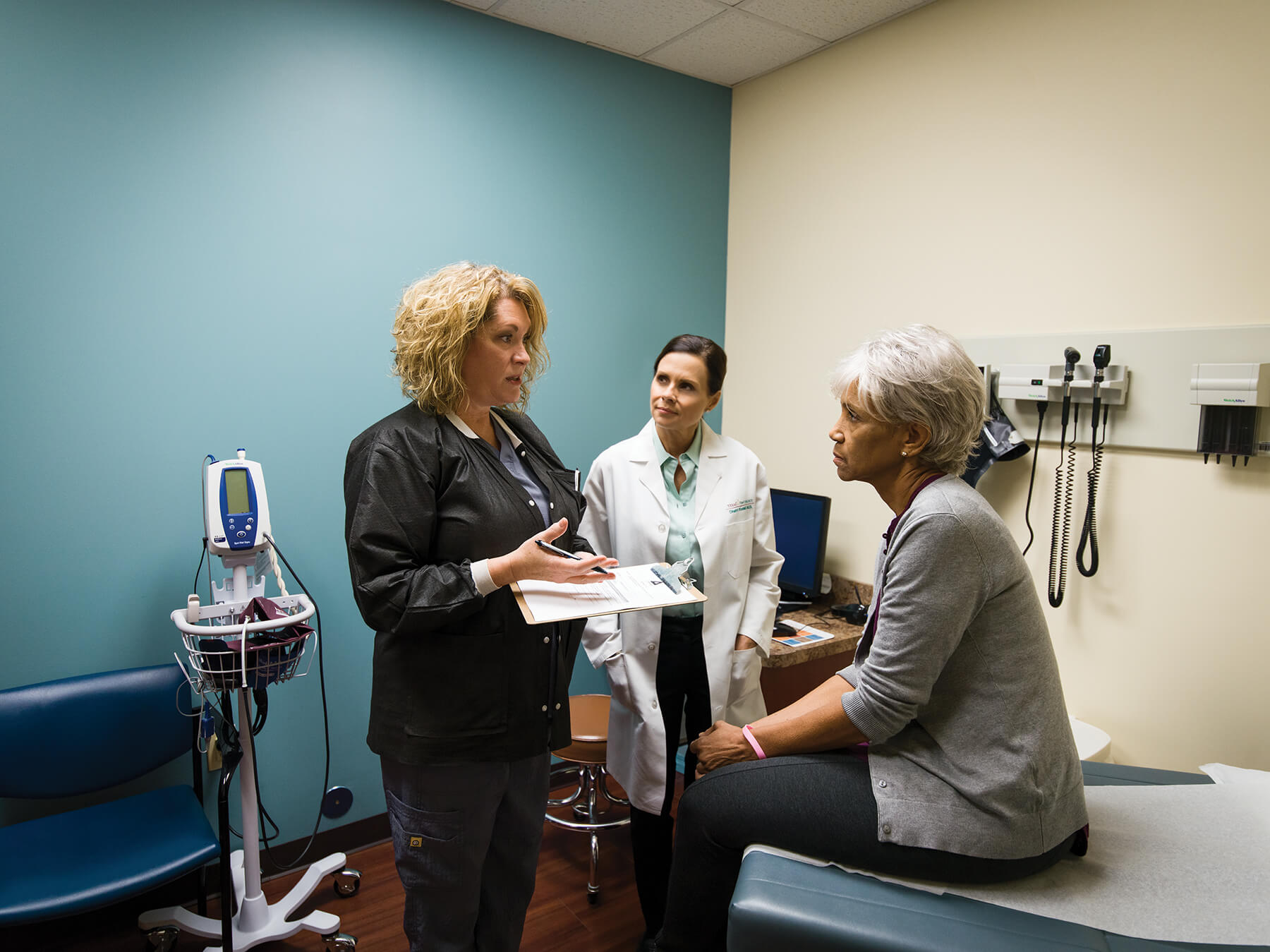« Back to Blog
Unity Group Purchasing Organization Plays a Critical Role in Providing High Quality Affordable Cancer Care
By Barry Brooks, MD | January 2018
To remain strong and viable in today’s evolving healthcare landscape, practices must continually forge new relationships, embrace innovative tools and technologies, and seek more efficient ways of doing business and delivering care.
One of the most important developments I have seen over my career is the growing importance of group purchasing organizations (GPOs) and the increasing value they provide to community oncology. A GPO is an independent organization that contracts with pharmaceutical and biotechnology manufacturers to obtain discounted pricing on drugs and services on behalf of its membership.
Unity GPO: The leader in community oncology
GPOs are advantageous to community oncology because practices that aggregate into a large group can obtain better drug prices, and access to other services and technologies that support efficiencies and quality care. Those of us in The US Oncology Network are fortunate to have access to the best GPO in the community oncology market, Unity GPO. Over the last decade, Unity has evolved into the most efficient GPO in the community oncology space when measured against other differentiated contracts in the market.
As Unity GPO’s contracting physician lead since 2005, it is rewarding to see the ongoing contribution the organization makes to The Network. Thanks to their longstanding relationships with some of the largest pharmaceutical manufacturers in the nation, Unity GPO delivers a level of savings on drugs and services to our practices that is unparalleled in the market.
Key stakeholders benefit from the GPO
Through Unity GPO, we are able to negotiate better prices for the buy and bill model we use in our practices, allowing us to provide cost-effective, high-quality care that benefits patients, providers and payers, as well as pharmaceutical manufacturers who have made significant investments in cutting-edge therapies. Because The US Oncology Network is comprised of physicians who share a standard practice model and a common culture built around clinical pathways that have been developed in partnership with the National Comprehensive Cancer Network (NCCN), we are able to easily alter our prescribing habits across The Network to leverage our Unity contracts. By using therapeutic interchanges at the practice level, one product in a class can be substituted for another therapeutically equivalent option that allows us to quickly embrace the preferred pricing obtained through Unity GPO.
By having better prices and better margins on the drugs we prescribe, we can help reduce our patients’ co-insurance burden while improving the financials of the practice at the same time. Pharmaceutical manufacturers also benefit as this preferred pricing encourages our practices to adopt new therapies ahead of national trends, often exceeding sales expectations. This performance on preferred contracts encourages manufacturers to continue giving us favored economics in the future.
GPOs play a vital role in value-based care
When The Network first became involved with value-based care, I did not anticipate the crucial role Unity GPO would play in our success with these new models. Over the last few years, the importance of our GPO has dramatically risen based on our experiences with the Oncology Care Model, Medicare’s value-based reimbursement program, as well as various value-based commercial contracts. The biggest opportunity in these models to lower cost of care for both patients and payers is mainly in the medication and drug space. Consequently, our affiliation with Unity GPO has turned out to be a huge asset as oncology transitions to more value-based contracting with payers.
For practices in The US Oncology Network, Unity GPO empowers us to deliver affordable, high quality cancer care in local communities where patients live and work and have the support of family and friends. This local care helps patients obtain optimal outcomes while having the best possible experience during their cancer journey, something all of us in cancer care strive to achieve for the many patients who entrust their care to us.

